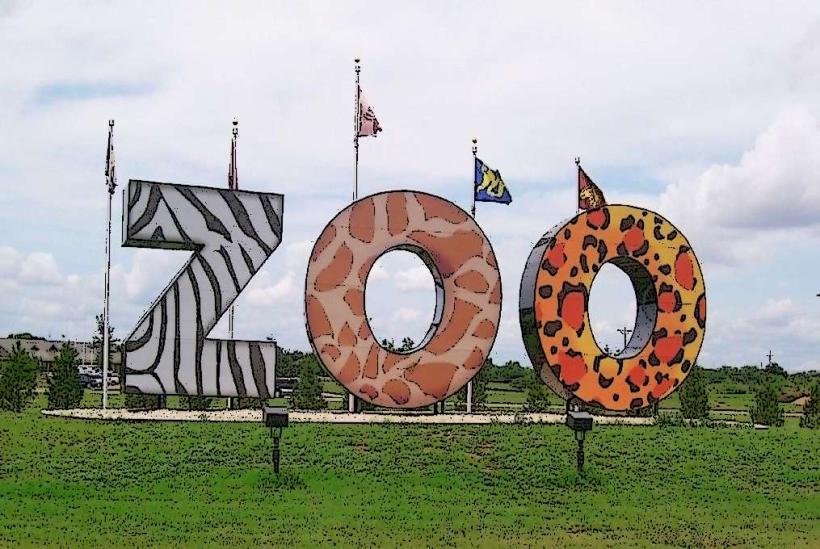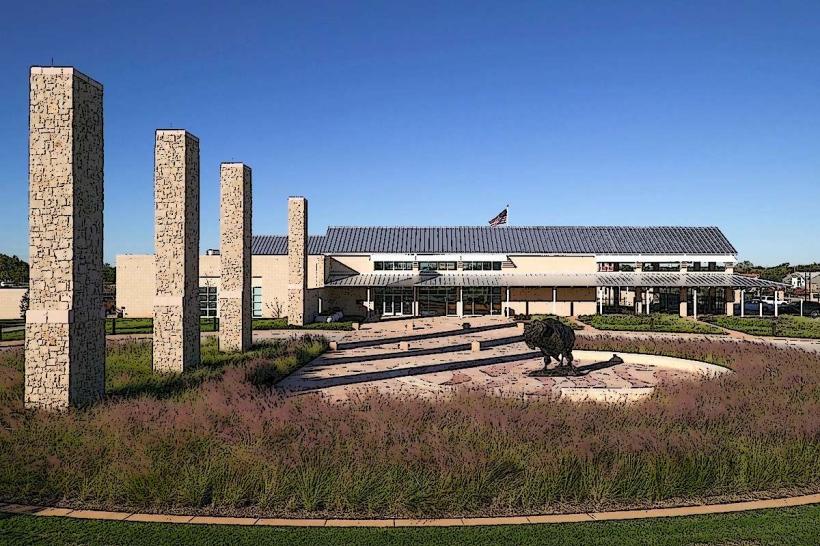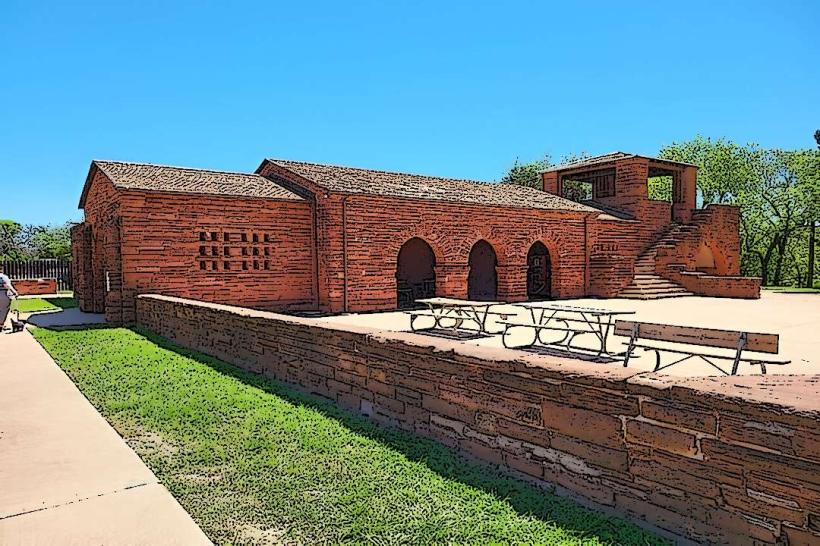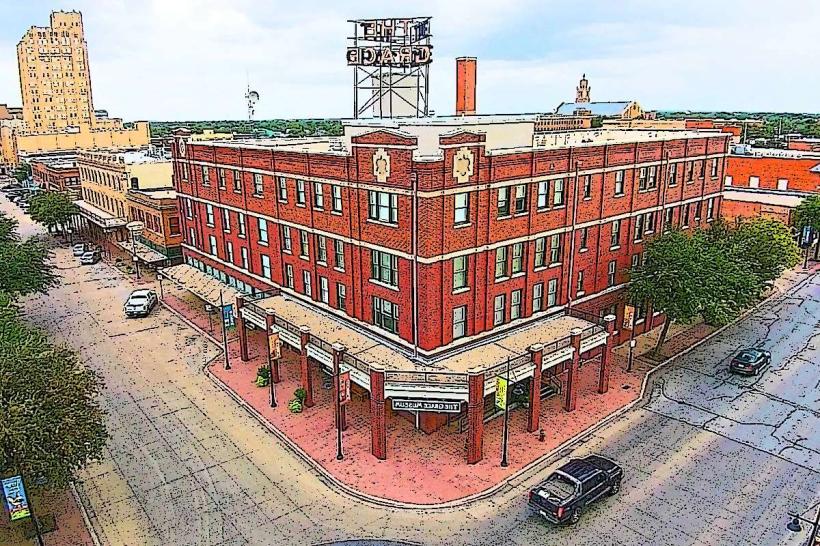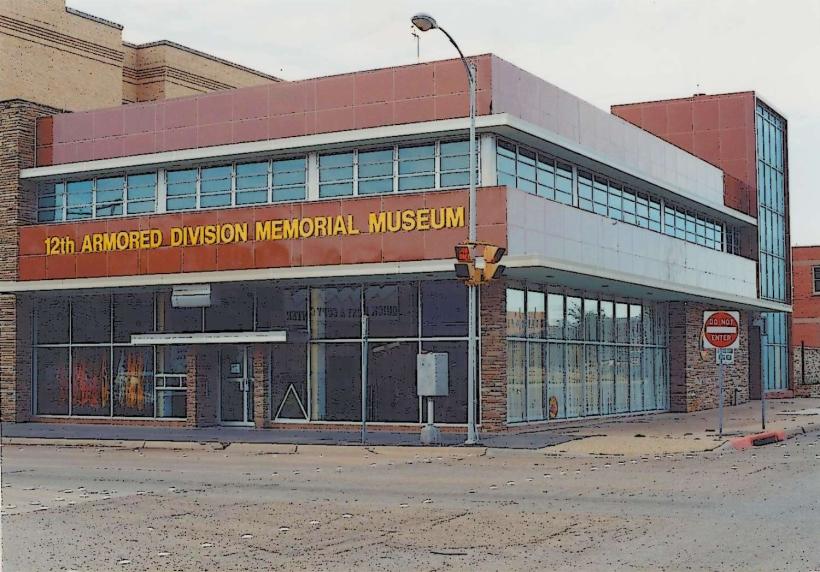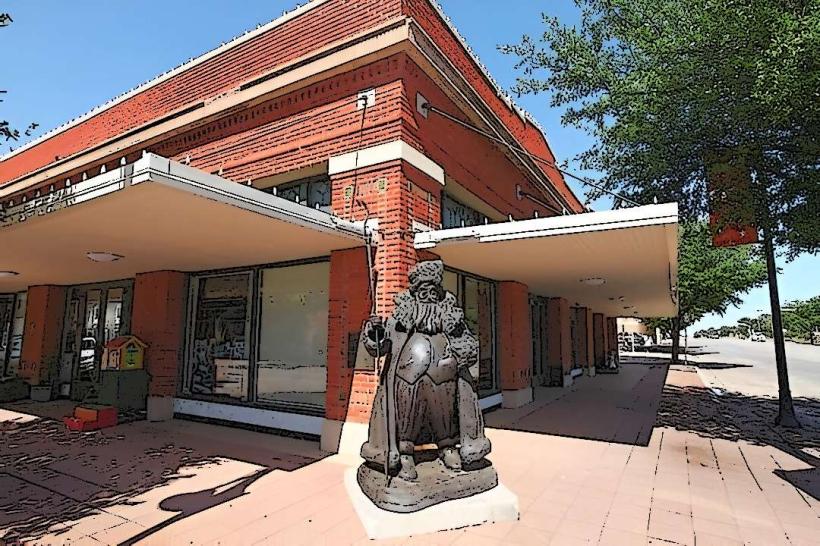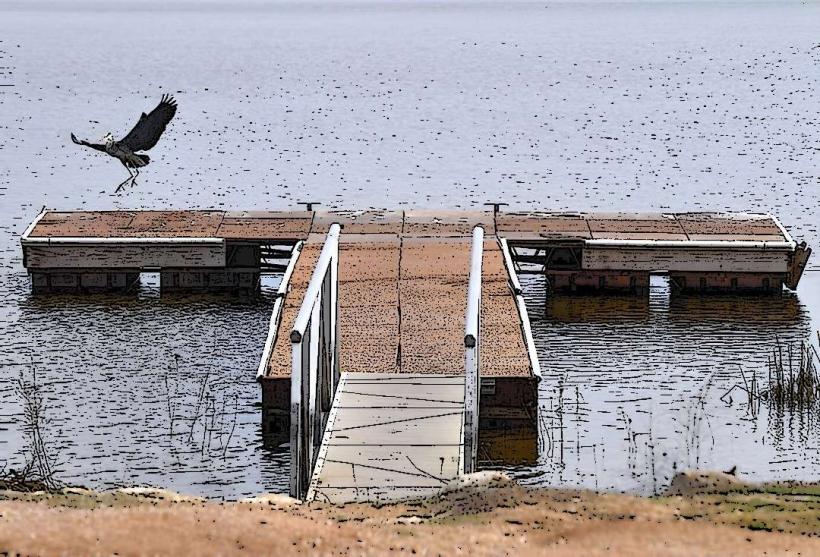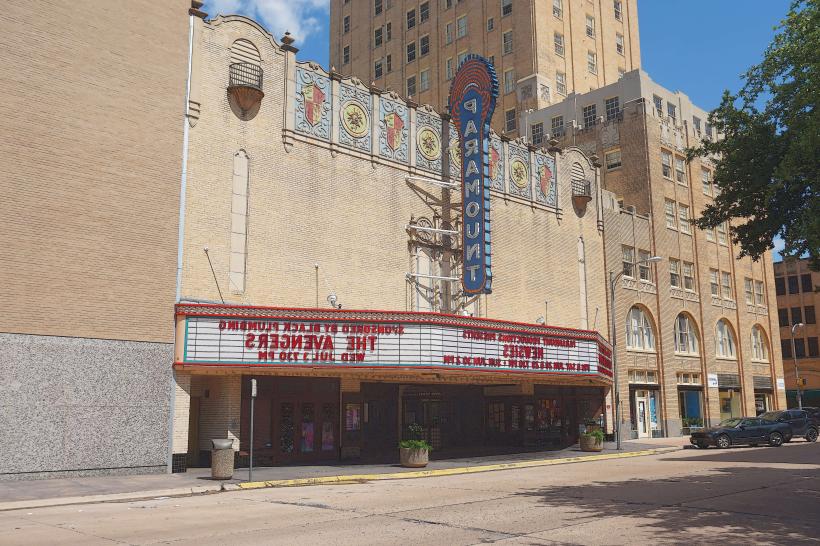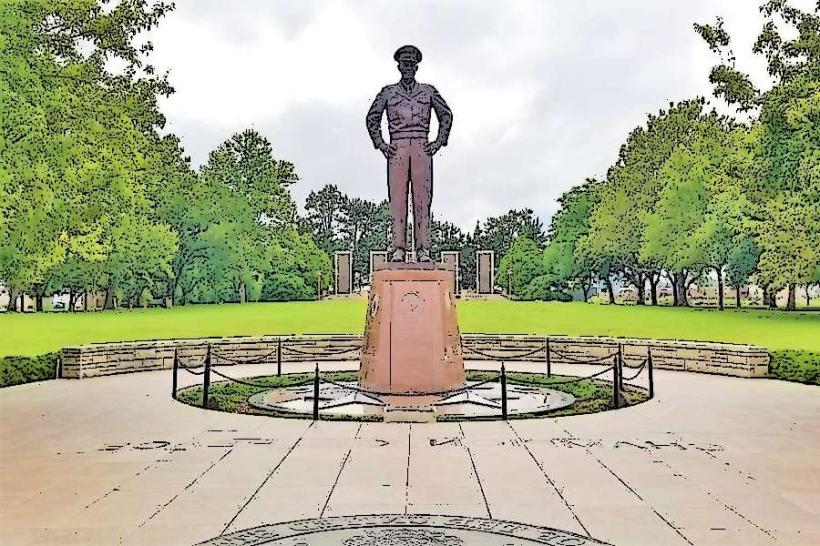Information
City: AbileneCountry: USA Texas
Continent: North America
Abilene, USA Texas, North America
Abilene is a historic and culturally significant city located in West Central Texas, known for its strong military presence, religious institutions, and heritage rooted in the cattle and railroad industries. It serves as a regional hub for education, healthcare, and commerce in the Big Country—an area that blends frontier spirit with modern development. With a mixture of small-town charm and metropolitan amenities, Abilene has deep ties to Texas history and American military tradition.
Here is a detailed overview of Abilene:
1. Geography and Setting
Location: Abilene is in Taylor County (with a small part extending into Jones County) and lies approximately 150 miles west of Fort Worth, along Interstate 20.
Topography: The city sits on the Rolling Plains, where flat grasslands meet the edge of the Edwards Plateau. It is part of the Cross Timbers region, with sparse tree cover and wide-open skies.
Climate: Abilene experiences a semi-arid climate.
Summers: Hot and dry, often exceeding 95°F (35°C).
Winters: Mild to cool, with occasional cold snaps and rare snow.
Rainfall: Annual precipitation is moderate, with storms more common in spring and early summer.
2. Historical Overview
Founding: Established in 1881 as a stop along the Texas and Pacific Railway, Abilene quickly became a key shipping point for livestock.
Name Origin: Named after Abilene, Kansas—a famous cattle town—due to its role in the Texas cattle trail network.
Development: By the early 20th century, Abilene became a center for agriculture, ranching, and education. Later, military and aviation growth defined its mid-century identity.
3. Military Significance
Dyess Air Force Base: Established in 1942 (originally as Abilene Army Airfield), Dyess is a major employer and cultural presence.
Home to the 7th Bomb Wing, operating B-1B Lancer bombers.
Also houses C-130 aircraft and plays a crucial role in U.S. global strike capabilities.
The base has a profound influence on the economy, demographics, and culture of the city.
Military-Friendly City: Abilene regularly earns recognition for its support of military families, veterans, and personnel.
4. Economy
Major Sectors: Military, education, healthcare, manufacturing, and oil services.
Education and Religion: As a historically faith-oriented city, Abilene is home to several church-affiliated universities.
Healthcare: Abilene serves as a medical center for surrounding rural communities, with major hospitals such as Hendrick Health System and Abilene Regional Medical Center.
Oil and Gas: While not a primary oil city, Abilene supports drilling and oilfield services, particularly in nearby counties.
5. Education
Abilene Christian University (ACU):
Founded in 1906, affiliated with the Churches of Christ.
Known for liberal arts education, business, and theology.
Hardin-Simmons University:
Founded in 1891, a Baptist institution with a strong tradition in liberal arts and music.
McMurry University:
A Methodist-affiliated liberal arts school founded in 1923, known for its diverse academic programs and inclusive environment.
Public Schools: Abilene Independent School District (AISD) operates multiple elementary, middle, and high schools.
6. Culture and Attractions
Frontier Texas!:
A state-of-the-art heritage museum using holographic storytelling to depict 19th-century Texas life and frontier struggles.
Grace Museum:
A downtown cultural landmark combining art, history, and children’s exhibits in a restored historic building.
12th Armored Division Memorial Museum:
Honors the World War II service of the 12th Armored Division, which trained in Abilene and fought in Europe.
Paramount Theatre:
A restored 1930s movie palace that now hosts films, concerts, and stage performances in a vintage setting.
Abilene Zoo:
A family-friendly zoo located in Nelson Park, home to over 600 animals and a growing education center.
7. Events and Festivals
Western Heritage Classic:
Celebrates cowboy culture with rodeo competitions, chuckwagon cook-offs, and working ranch horse events.
West Texas Fair & Rodeo:
A major annual event featuring livestock shows, concerts, carnival rides, and agricultural exhibitions.
CALF Festival (Children’s Art & Literacy Festival):
A unique event celebrating children’s literature, with a focus on illustrators like William Joyce and Dr. Seuss.
Downtown Abilene Events:
First Fridays, art walks, and food truck festivals are common in the revitalized downtown district.
8. Architecture and Heritage
Downtown: A mix of early 20th-century brick buildings and modern structures, including a restored train depot and city hall.
Historic Neighborhoods: Victorian and Craftsman homes can be found in the Sayles and Elmwood districts.
Churches: Many historic churches reflect the city’s religious roots and architectural variety.
9. Outdoor Recreation
Lake Fort Phantom Hill:
Offers fishing, boating, and camping just north of the city.
Abilene State Park:
Located south of the city in Buffalo Gap, with hiking trails, campsites, and picnic areas in a wooded setting.
Nelson Park:
Home to the zoo, a lake, and recreational trails.
Buffalo Gap Historic Village:
A short drive from Abilene, this living history site features preserved frontier buildings and exhibits from 19th-century Texas.
10. Transportation
Highways: Interstate 20 and U.S. Highways 83, 84, and 277 converge in Abilene, giving it strong regional connectivity.
Airport: Abilene Regional Airport offers flights primarily to Dallas–Fort Worth, with connections to national routes.
Public Transit: CityLink provides limited bus service within Abilene.
Rail: While no longer a passenger rail stop, Abilene remains a major freight route.
11. Demographics and City Life
Population: Around 125,000 residents in the city proper, with a metro area nearing 180,000.
Culture: A blend of conservative values, military culture, university life, and an emerging arts scene.
Religion: Home to many churches, reflecting a deeply religious and community-oriented population.
Cost of Living: Generally low compared to national and state averages, with affordable housing and utilities.
Conclusion
Abilene is a city where the past and present coexist, deeply rooted in the traditions of the Texas frontier and the missions of faith, service, and education. Its identity is shaped by the ranchlands and railroads of its founding, the military might of Dyess Air Force Base, and the enduring values of its religious and academic institutions. Whether you are exploring Western heritage, visiting vibrant campuses, or enjoying the vast skies of West Texas, Abilene offers a unique and grounded experience in the heart of Texas.

